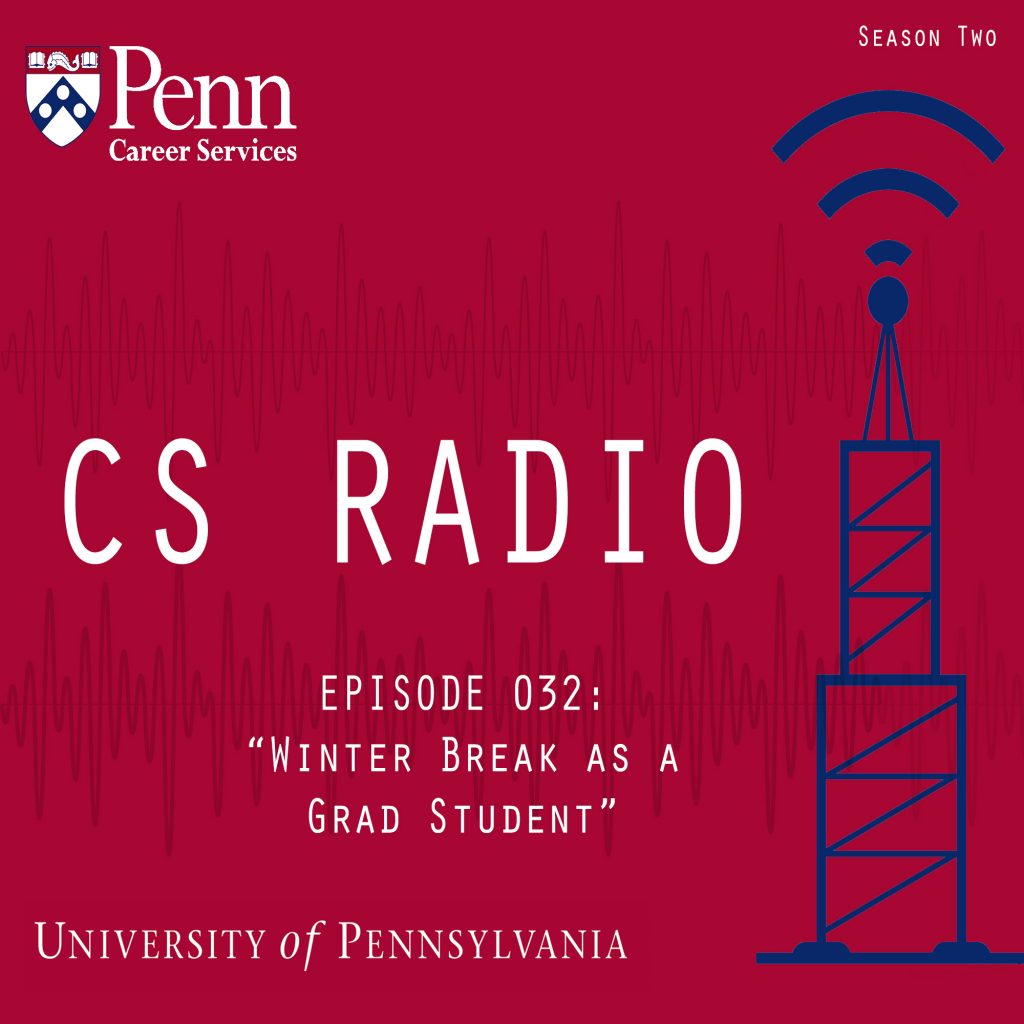By Esther H. Ra, Ed.D.
Last semester, a graduate student who I had advised asked as she was leaving, if I knew any information about parenting resources for graduate students on Penn campus. As I spoke to the student, it occurred to me that in order for the student to progress in their career search or development, they had a great need for other important resources to help them along in their journey to function as a successful student at Penn. As a former Penn graduate student, who also had a family by the time I defended my dissertation, I empathized greatly with this student. I knew very well the struggle of balancing parenthood and graduate student life, particularly on Penn campus, and remembered the feeling of wanting to be connected to a network of Penn parents. For graduate students who may also be juggling parenthood, this post is dedicated to you! Since I was a graduate student, many new resources have come to existence and there are excellent opportunities and communities you can become a part of so that you don’t feel that you’re journeying alone. Not only did you embark on learning and “mastering” subject matters, but you have the privilege and adventure of parenting another life. It IS possible to do both with some help. I commend you for seeking resources that can improve your graduate student life as a parent. Here are some resources that may be of help:
The Family Resource Center at Penn: https://familycenter.upenn.edu/about-us
Join their email list learn about resources that Penn has to offer. The site can connect you to Penn parent networks, neighborhood networks, as well as national sites that can direct you to parenting resources. It’s also a hub for knowing what benefits you have as a parent while studying at Penn. There are also amenities such as a lactation room, a family lounge, a reading room, as well as nap space for kids, and books and toys. It is a wealth of information and resources and this should be your first stop at Penn for parenting resources!
Emergency Backup Childcare: https://familycenter.upenn.edu/resources-support/child-care
Every parent wants to know what childcare help they can get when an emergency occurs. Who can take care of your children should they have a snow day and you have an important meeting to attend? Penn has a resource that can cover you for backup care should you need it.
Care.com Free Resource through Penn https://pennfamilycenter.care.com/
Penn also has a wonderful Care.com resource where families can sign up to find childcare for their home. This resource can be customized for local care and Penn helps with a free membership to Care.com while you are a student.
Lactation and Baby Changing Stations
https://familycenter.upenn.edu/resources-support/lactation-resources
Are you always searching for a place to nurse or feed your baby? What about a place to change their diaper? It’s always a struggle for parents of babies and toddlers to find a safe, clean place to do what is already a tough job: nursing and changing a wiggling baby. Not only does the Family Resource Center at Penn have a lactation room, but Penn is a very lactation friendly campus with rooms located all around campus. Many of bathrooms in several of the buildings on campus also have baby friendly changing spaces.
Grants for Ph.D. Students with Dependents: https://familycenter.upenn.edu/grants
Penn also has a couple l funded family grants, specifically for PhD students. One is a Family Grant and the other Is a Dependent Health Insurance Grant. Read about the guidelines and see if you might be able to qualify. The grant cycle opens on August 27th to submit applications. If you think that these might be of interest, you will need to get in gear with all submission materials ready very soon!
PennCard & Campus Services:
https://familycenter.upenn.edu/resources-support/penncard-and-campus-services
Did you know the PennCard enables your spouse and children to access several amenities on campus? However, they each need to obtain their OWN Penn Card, which can easily be done through the PennCard Center: http://cms.business-services.upenn.edu/penncard/. The PennCard will give your spouse and children access to museums, Penn transit services, and recreational facilities.
I hope that helps with navigating family life as a graduate student! It’s not an easy road, but it’s a fun one when you have the right resources at your fingertips. Happy parenting!


